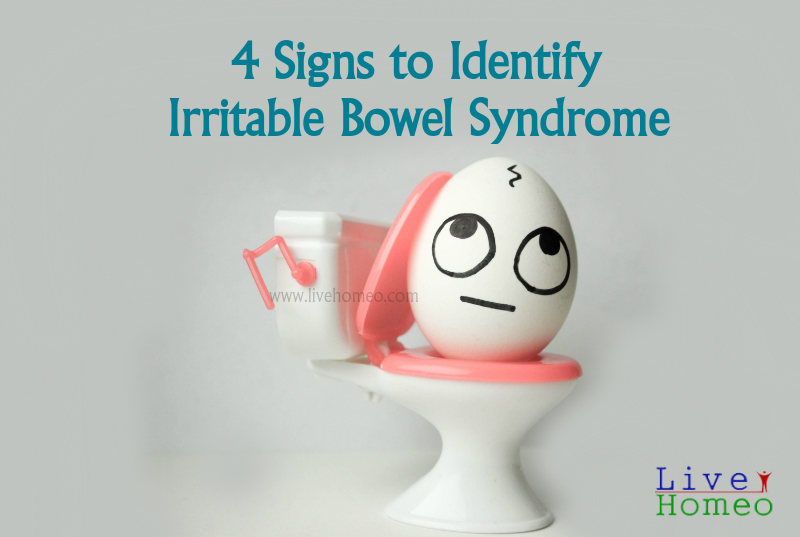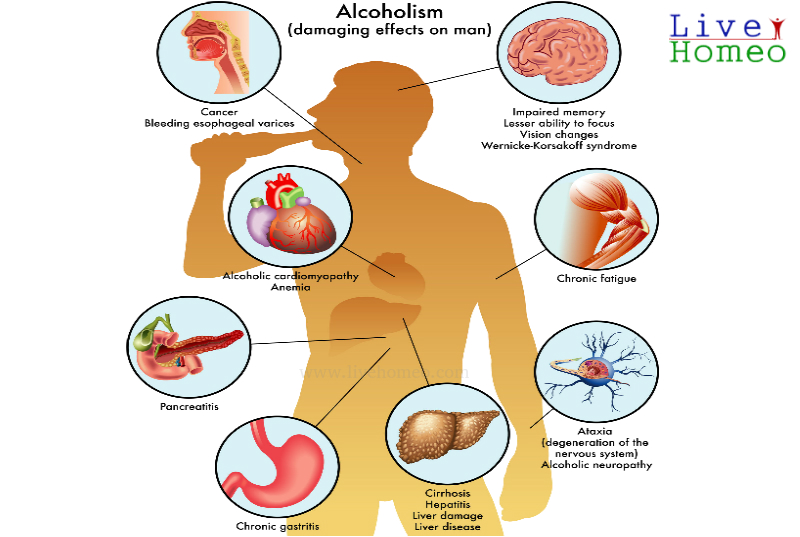Require to recognize regarding Irritable Bowel Syndrome
If you are experiencing symptoms like gas, abdominal pain, constipation, or diarrhea, then it can be due to irritable bowel syndrome. IBS (Irritable bowel syndrome) is a common gastrointestinal disorder that affects your digestive system especially your large intestine. People with irritable bowel syndrome face symptoms like abdominal pain, abnormal bowel habits, gas, and others. It mostly affects people with age groups between late teens and early ’40s.
Now in this article lets us know in brief about the causes, symptoms, and overview of IBS.

Overview about Irritable Bowel Syndrome
Irritable bowel syndrome is a chronic condition that affects your digestive system and alters your bowel movements. Though it is not a life-threatening disorder, it can lead to several conditions like anxiety, depression, chronic fatigue syndrome, and several others.
Common irritable bowel syndrome symptoms include abdominal pain, bloating, gas, presence of mucus in the stool along with altered bowel habits i.e. sometimes people face diarrhea, and sometimes they have constipation.
It is mostly seen in women than in men. Though both irritable bowel syndrome and inflammatory bowel disease have similar symptoms, irritable bowel syndrome does not affect or harm your intestines, unlike inflammatory bowel disease.
Irritable bowel syndrome is classified into 3 types, namely
- Irritable bowel syndrome with constipation (IBS-C) – In this type, people face hard stools and infrequent bowel movements along with other symptoms like abdominal pain, bloating, and discomfort.
- Irritable bowel syndrome with diarrhea (IBS- D) – In this type people face loose stools and frequent bowel movements along with pain and discomfort.
- Irritable bowel syndrome with alternating constipation and diarrhea– In this type, individuals face diarrhea and constipation alternately.
What are the causes of IBS?
The exact reason for IBS is not known yet, but several factors are said to be the culprits. Here are few common irritable bowel syndrome causes
- Food sensitivities
- Gastroenteritis
- Stress, anxiety, and depression
- Hormonal changes
- Low fiber diet
- Family history of IBS
- Inflammation of intestines
- Poor interaction between brain and intestines i.e. the signals are disturbed
- Weak muscle contractions in the intestine
- Bacterial overgrowth in small intestines
It is believed that the colon gets sensitive to mild stimulations (hypersensitive colon) and affects the bowel muscle movements and leads to conditions like constipation or diarrhea. Factors like food allergies, being female, age, and others can also trigger IBS.
Lifestyle effects on IBS
Can stress cause IBS? This is the basic question among many people who notice that their IBS symptoms flare up in stressful conditions. For such people the answer is YES, stress can worsen your IBS symptoms and also can alter your bowel movements by affecting your gastrointestinal contractions. Your lifestyle also has a severe impact on your IBS. Your diet, eating habits, physical activities, food intolerances, mental disorders, and several others directly affect your health and also can aggravate IBS symptoms and hence making few lifestyle changes and leading a healthy lifestyle is very crucial.















